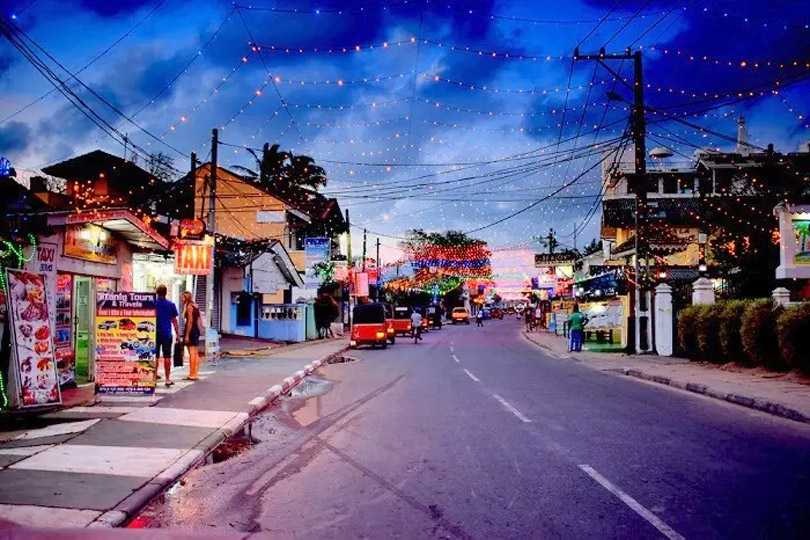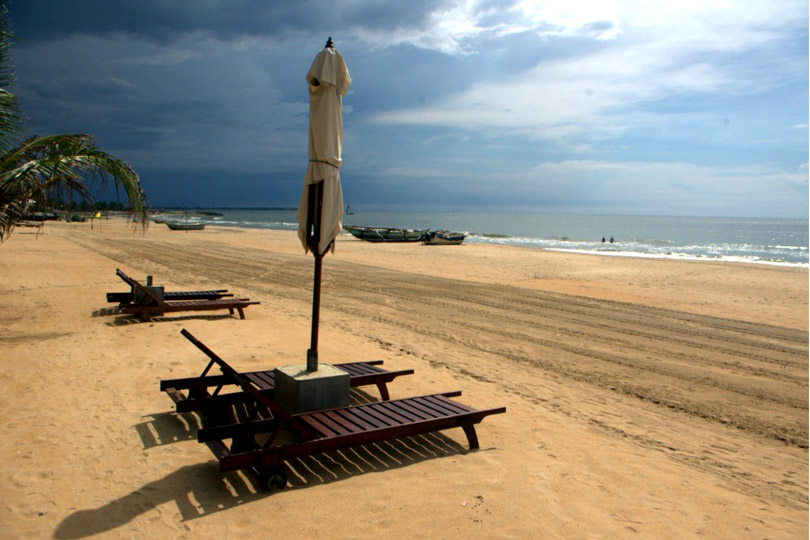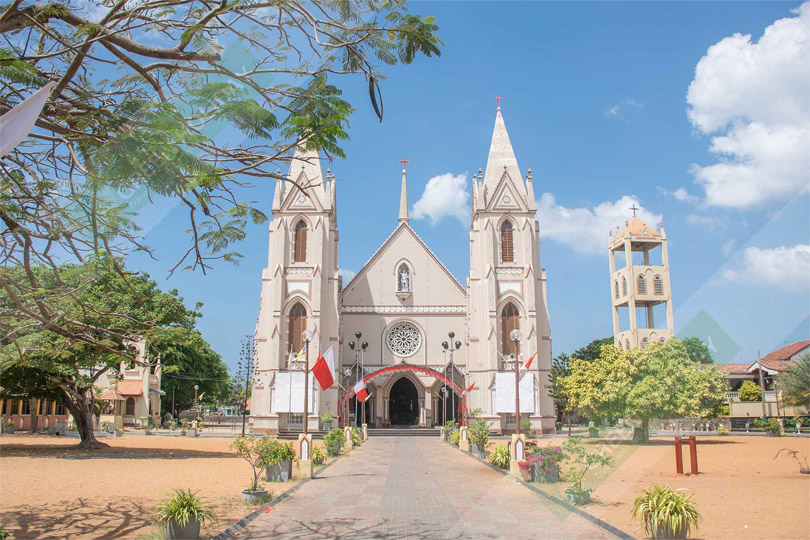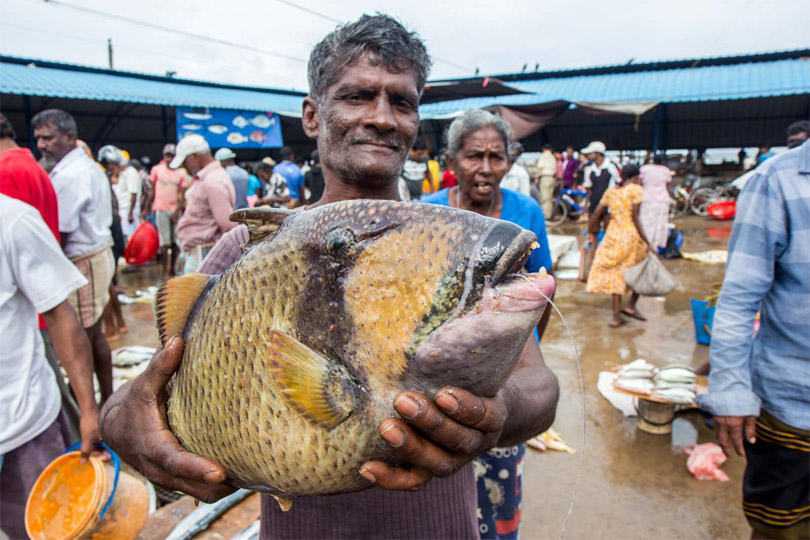
Negombo
Negombo is becoming one of the most thriving areas in Sri Lanka, with shopping malls that dwarf even the biggest ones in Colombo and many popular hotels due to its close proximity to the airport.
Background
Negombo is easily one of the most expansive towns of Sri Lanka and one that is teeming with history that is unfortunately not always given the credit it deserves. Due to the stunning coastal scenery of Sri Lanka's south coast which gets alot of tourist traffic and praise, there is little mentioned of the beaches of Negombo.

There are beaches in bounty around Negombo, and it is not hard to find a secluded area that isn't congested with crowds of people, or requires you to patronise a restaurant to gain access to the sandy shores. Negombo is a lot more westernised and developed compared to its southern counterparts, and is therefore much easier to find accommodation or a scrumptious place to eat. The beaches are also in much better condition than the ones to be found in Colombo.
Early History
Negombo started life as a fishing port, and eventually became a major maritime hub since the Negombo Lagoon provided a sheltered sanctuary for all kinds of naval vessels. Negombo, for a long time served as a major port for the Sinhalese Kingdoms that were present throughout the island's history. The area got its name from a mythical tale surrounding the discovery of a bee's nest which was used to feed Queen Viharamahadevi while she was pregnant with the fabled Prince Dutugamunu.

The earliest ancestors of the Moors, one of the biggest minorities in Sri Lanka, arrived to Sri Lanka by landing in Negombo. They were Arab traders and following their settlement on Negombo, eventually gained complete control over the east-west trade routes.
One of the biggest contributors to Negombo's prominence as a trade-hub was the presence of cinnamon. Many traders claimed that Negombo's cinnamon was one of the finest in existence. Historians would agree however, that the presence of this cinnamon eventually led to an invasion by the Portuguese. The moors dominated the cinnamon trade, and the spice was sent far and wide, to Europe as well as the Mediterranean.
The Colonial Times
In the early 1500s, the Portuguese arrived and deposed the moors of their ownership over the cinnamon trade. The Portuguese also set about converting the populace of Negombo to Roman Catholicism, and they managed to do so with great success, with most of the inhabitants embracing the new faith. There are many churches to be found in Negombo, and a certain area is even referred to as 'Little Rome' to the drastically different architecture. Even in the modern day, roughly two-thirds of Negombo's population are of Roman-Catholic faith.

In 1646, the Dutch arrived and drove the Portuguese out of Negombo. Interestingly, the two countries managed to maintain a truce for the passing of a decade. The Dutch made some very prominent changes to the architecture and infrastructure of Negombo, introducing canals and forts. The 120km long canal system runs as far as Colombo to the south and Puttalam to the north and is still extensively used today.
In the turn of the 18th century, the cinnamon trade had begun to suffer due to immense competition from China combined with a drop in quality due to heavy production demands. This led the Dutch to surrender ownership of the Cinnamon trade to the British Empire. The policies and operations undertaken by the British however proved poor and eventually the focus of enterprise in Negombo moved in a different direction.

Modern Negombo
Present day Negombo is a fishing town that has a heavy emphasis on tourism as well, due to its close proximity to the airport and the presence of many a beach hotel Sri Lanka has to offer such as Jetwing Lagoon. The fishermen of Negombo are infamous, and the sight of their iconic vessels known as 'Oruva' are a distinctive sight as far as Negombo is concerned.

The lagoon provides fresh seafood and as a result, the food of the many restaurants around the area are highly renowned. A coastal town with a rich history, beautiful beaches and a whole range of places that take advantage of the town's fishing-prowess, Negombo is definitely a place in Sri Lanka worth checking out.
